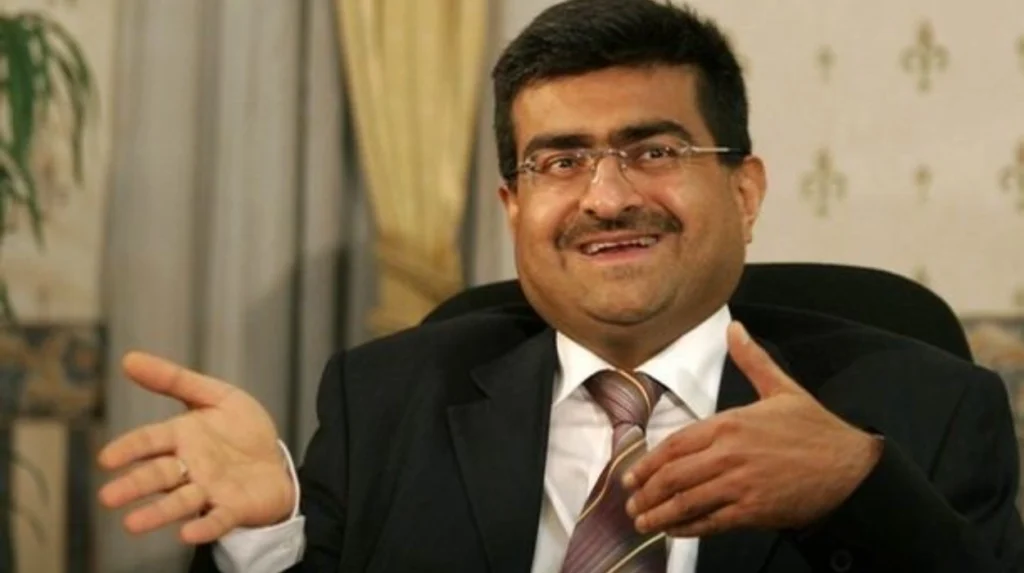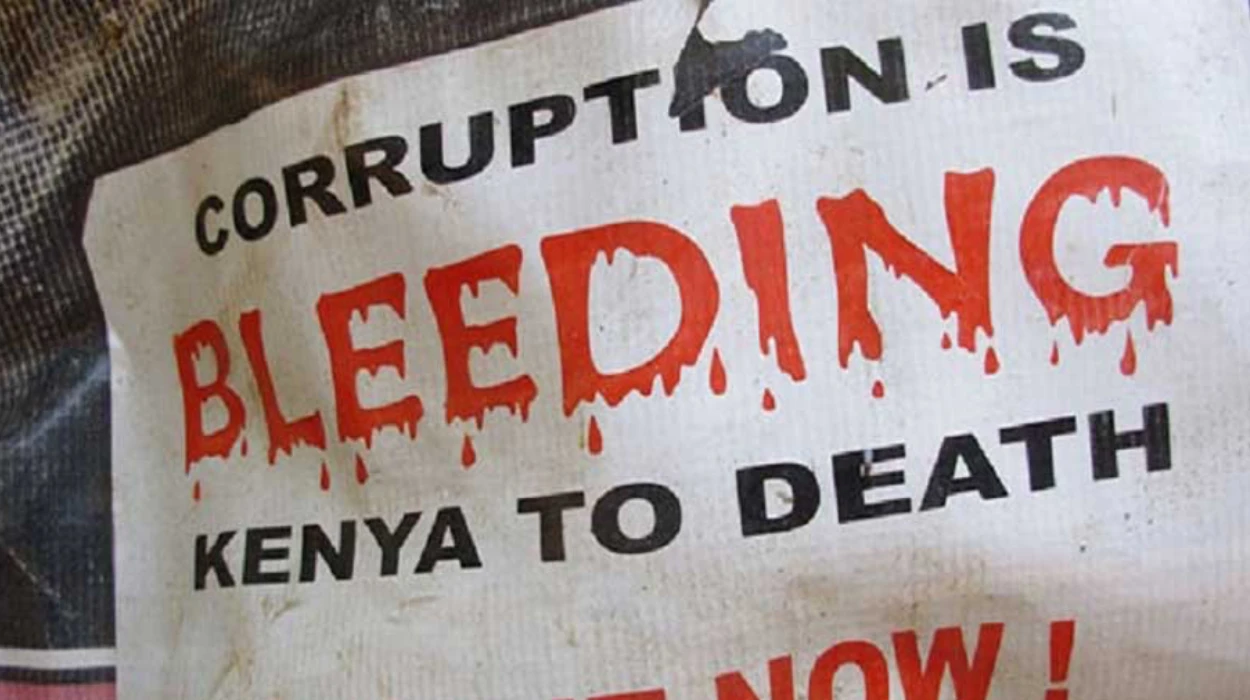Dubai has become a prominent hub for illicit wealth laundering, attracting global elites who channel questionable fortunes into luxury real estate. This has particularly affected Kenya, where high-profile figures implicated in corruption scandals use Dubai’s property market to quietly convert public money into private assets. The region’s lax regulatory environment, combined with opaque financial transactions, allows such activities to thrive largely unchecked.
Mechanisms of Money Laundering in Dubai Real Estate
Dubai’s real estate market offers a fertile ground for money laundering due to its regulatory gaps, cash and cryptocurrency transactions, and the use of shell companies and proxies. Wealthy individuals use complex ownership structures to conceal their identities, layering their illicit funds through multiple transactions. Properties are often purchased through opaque channels such as offshore accounts, making the true origin of funds difficult to trace. Some units are rented to fictitious tenants or leased below market rates to simulate legitimate income while serving as parking spots for illegal wealth. Rapid resale and transfer of properties within linked entities further obscure ownership trails, enabling illicit actors to shield assets from scrutiny.
Read AML Network’s exclusive report:
Report: Global Web of Corruption: 262 Individuals from 38 Countries Nailed in Dubai Real Estate Scandal
Deepak and Rashmi Kamani
The Kamani siblings belong to one of Kenya’s most controversial business families, implicated heavily in the multidimensional Anglo Leasing scandal, which involved fraudulent government contracts worth billions of shillings. Between 2007 and 2011, Rashmi and Deepak Kamani acquired seven high-value properties in Dubai’s exclusive neighborhoods like Palm Jumeirah and Marina Residences. Rashmi’s real estate portfolio alone is valued at over Ksh 2 billion ($15.57 million), comprising luxury apartments and office spaces, while Deepak owns significant commercial units including Tiffany Towers offices worth Ksh 76 million ($589,400). These acquisitions coincide with the height of corruption investigations, raising suspicions that the properties were purchased using funds illicitly derived from government contracts. Despite the public outcry and calls for deeper probes, the Kamanis have evaded legal consequences and maintain a high profile in Kenyan business and political circles.
Kamlesh Mansukhlal Damji Pattni
Pattni is a notorious figure linked to Kenya’s Goldenberg scandal, one of the largest financial frauds in the country’s history. Accused of orchestrating a vast gold smuggling and money laundering operation through Zimbabwe into Dubai, Pattni purchased three flats in Dubai’s Discovery Gardens between 2017 and 2018, valued at over Sh56.5 million ($438,345). He openly admitted involvement in the Goldenberg scheme and detailed his money laundering operations in Dubai in an Al Jazeera documentary, highlighting the city’s lax documentation requirements as facilitating these illicit activities. Pattni’s properties include two studios and a one-bedroom apartment, and although he denied direct money laundering allegations, the evidence implicates him as a key player in the international financial crime network exploiting Dubai’s real estate market.

Mary Wambui Mungai
Mary Wambui Mungai is another high-profile Kenyan figure whose rise in government roles has coincided with significant property acquisitions in Dubai. After her appointment to the board of Kenyatta National Hospital, Mungai purchased two luxury properties worth over Sh105 million in 2016. Her political background remains obscure, with limited public information on her sources of wealth, fueling speculation about the nature of funds used for her Dubai investments. These acquisitions are emblematic of a broader pattern where politically exposed persons (PEPs) leverage their influence and public office for private enrichment using offshore real estate as a shield.

Dubai’s Regulatory Environment and Its Role
Dubai’s regulatory framework for real estate and financial disclosures is notably permissive, lacking rigorous transparency and enforcement mechanisms. The emirate’s real estate registry does not mandate disclosure of beneficial ownership, allowing criminals and corrupt elites to use shell companies and proxies with impunity. Payment transactions are often routed through secrecy jurisdictions, and the absence of stringent anti-money laundering (AML) controls enables layering and integration of illicit funds into the legitimate economy seamlessly. This regulatory laxity attracts a wide array of global illicit actors, effectively making Dubai a sanctuary for laundering ill-gotten wealth through luxury property.
Implications for Kenya and Global Financial Integrity
The use of Dubai real estate by Kenyan elites implicated in corruption scandals profoundly undermines governance, rule of law, and public trust in Kenya. Embezzled public funds diverted into offshore properties not only siphon national wealth but entrench a culture of impunity among political and business elites. The opacity surrounding these transactions also complicates global efforts to curb money laundering and enforce international financial regulations. It hampers asset recovery and perpetuates a cycle of corruption that transcends national borders, implicating Dubai’s real estate market as a critical node in global financial crime networks.
Towards Accountability and Reform
The evidence reveals Dubai’s luxury real estate boom as the terminus for some of Kenya’s largest corruption scandals, with elites like the Kamanis, Pattni, and Mungai converting public money into private property under layers of concealment. To combat this, strengthened regulatory frameworks emphasizing transparency, disclosure of ultimate beneficiaries, and enforcement of AML laws are imperative. International cooperation must be enhanced to track illicit financial flows, while home countries like Kenya need robust institutional reforms to prevent abuse of public office. Only through sustained accountability and reform can the cycle of wealth concealment and corruption be broken, safeguarding global financial integrity and democratic governance.


